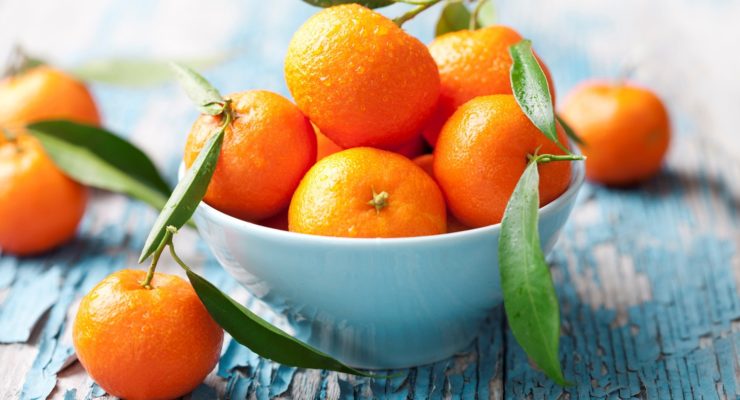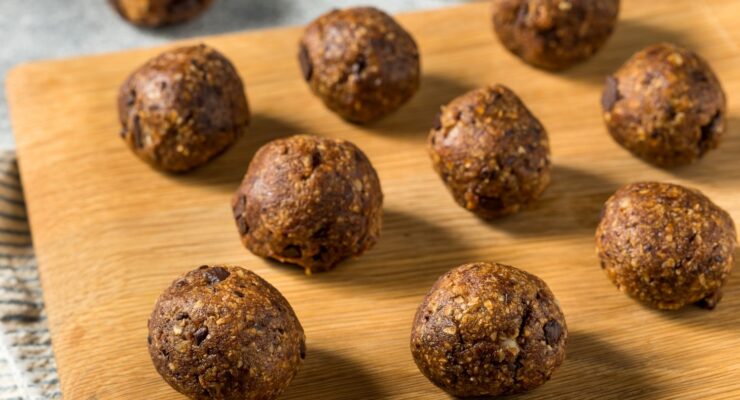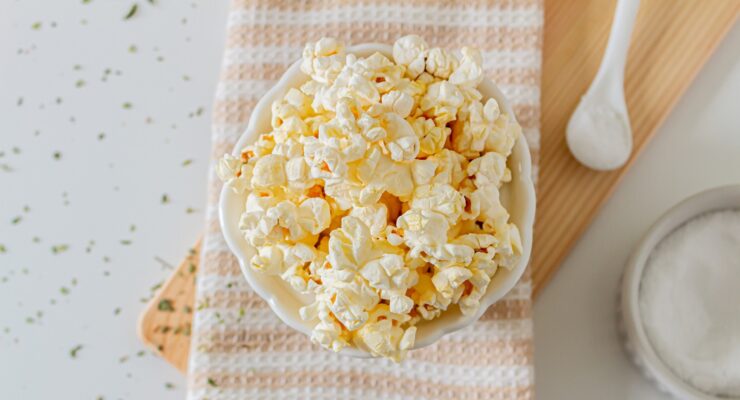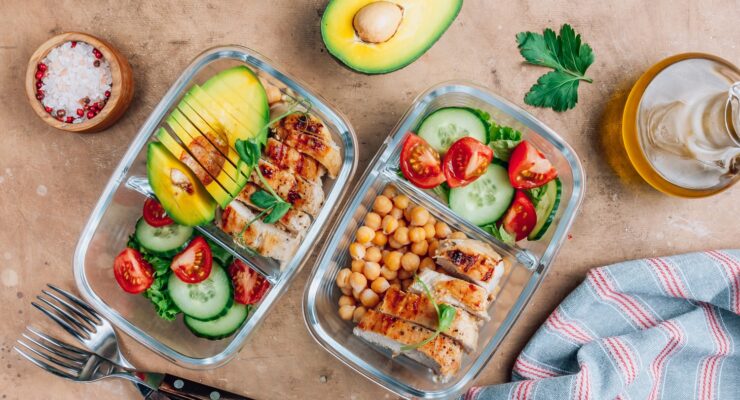5 Foods That Could be Zapping Your Energy
Article posted in: Diet & Nutrition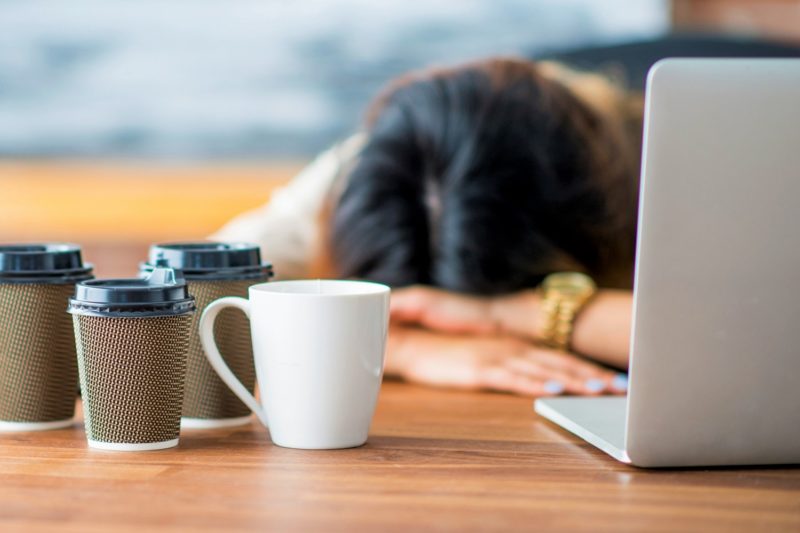
Anyone who has fallen asleep in front of the TV watching college football on Thanksgiving night would be right to think that something they just ate worked like a sleeping potion. (Hint: It’s not what you think!)
The truth is that some common foods you eat (or drink) can send you straight into a “food coma.” There are even some popular pick-me-ups that can leave you feeling sleepy and sluggish once their initial burst of energy wears off.
So what are the foods that make you tired? Since fatigue can be a weight loss plan killer—not to mention an obstacle to getting out to exercise—be aware of these energy vampires lurking in your kitchen and pantry:
1. White Bread

That’s the stand-in for refined carbohydrate foods. You probably blame your Thanksgiving lethargy on the turkey you ate because of its tryptophan, an essential amino acid that can help make you sleepy. The turkey is pleading not guilty. The real culprit is all those side dishes.
A meal that’s high in starchy/sugary carbohydrates has been shown in studies to induce fatigue within 30 minutes after you consume it! Processed carbs such as white bread, rice, crackers and sugary products (like breakfast cereal, pastries, cookies, cake and pie), may give you a quick burst of energy. However, research shows that your alertness starts to fade within an hour. If you’ve ever experienced a sugar high, you know it’s usually followed by a sugar crash. Whenever possible, try subbing out your refined carbohydrates with some SmartCarbs to avoid that post-meal tired feeling.
2. Coffee

What? Your favorite eye-opener? Don’t worry. It’s fine to turn to coffee—or another caffeinated drink—to keep your eyelids from drooping during the day. But only in moderation. Coffee and caffeine-containing foods and drinks can give you a burst of energy and alertness when you need it, but they can actually make you feel more tired after the effects wear off.
For one thing, caffeine can keep you from sleeping at night when you really need the Zzs. Then, there are the chemical effects on your body (yes, caffeine is a chemical and only one of many in coffee). According to Sleep Foundation, coffee helps you stay awake in part by blocking your body’s receptors for adenosine, a chemical that triggers sleepiness. The problem is that your body tries to compensate by making you more sensitive to adenosine, so instead of feeling alert after a cup of coffee, you feel fatigued.
Coffee can also make you slightly dehydrated, which also causes fatigue. And drinks like coffee can be a hidden source of added sugar if you take your cup of joe sweet. That means you can have both a sugar and caffeine crash at the same time.
3. Alcohol

No surprise here: Alcohol depresses the central nervous system, acting just like a sedative. It’s tempting to have a drink before bedtime to help you sleep. But like caffeine, alcohol has an “evil” side.
While it may help you slip into a peaceful slumber, a few hours after you drink, the alcohol raises levels of a hormone called epinephrine. You may know it by its other name: adrenalin, frequently known for its “rush.” This stress hormone can increase your heart rate and stimulate your body to wake up. The additional liquids may also make you need to get up to use the bathroom after having an alcoholic drink at night. Those night-time wakeups may make you feel sleepy the next day.
4. Cheeseburger and Fries
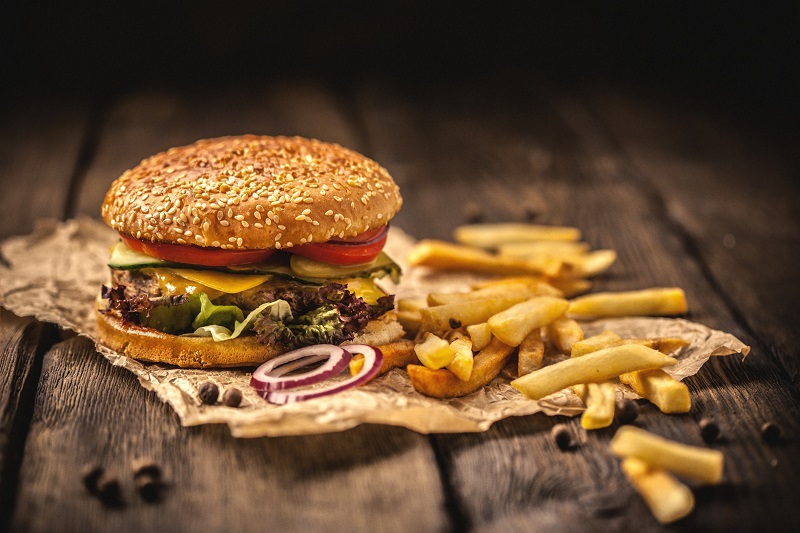
Not to single out this iconic American meal, but its high fat content (over 60 grams of fat in one well-known eat-in restaurant) makes it a real energy killer. According to research, published in the journal Nutrients, diets high in fat like this meal were linked to increased daytime sleepiness and problems sleeping at night in a study of 1,800 Australian men. All it took to promote fatigue was eating 138 grams of fat per day (note that this one popular burger meal is about halfway there).
There may be many reasons for this result. One: A high-fat diet is associated with runaway inflammation in the body which itself can cause fatigue. Studies have also linked eating a high-glycemic index diet (think carbs and sugar) to inflammation.
5. Fried Fast Food
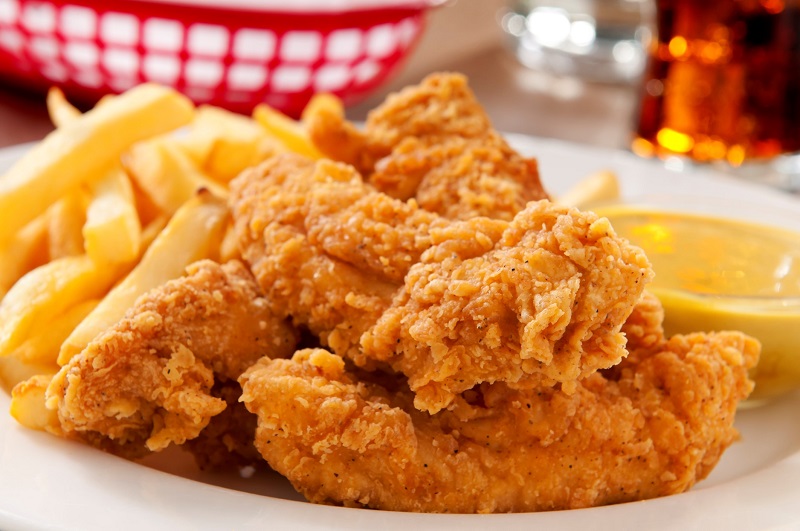
Though trans fat (hydrogenated oil) has been removed from most food products because of its link to inflammation and cardiovascular disease, there’s still a little bit in some foods, particularly restaurant fried foods and sweets such as donuts. That’s because high cooking temperatures and oil that’s reheated for cooking (think restaurant and bakery fryers) both produce more trans fats. More trans fats equals more inflammation, which equals fatigue, just one of the byproducts of this unhealthy fat.
Now that you know the specific foods that make you tired, click here to find out which foods boost energy! >

